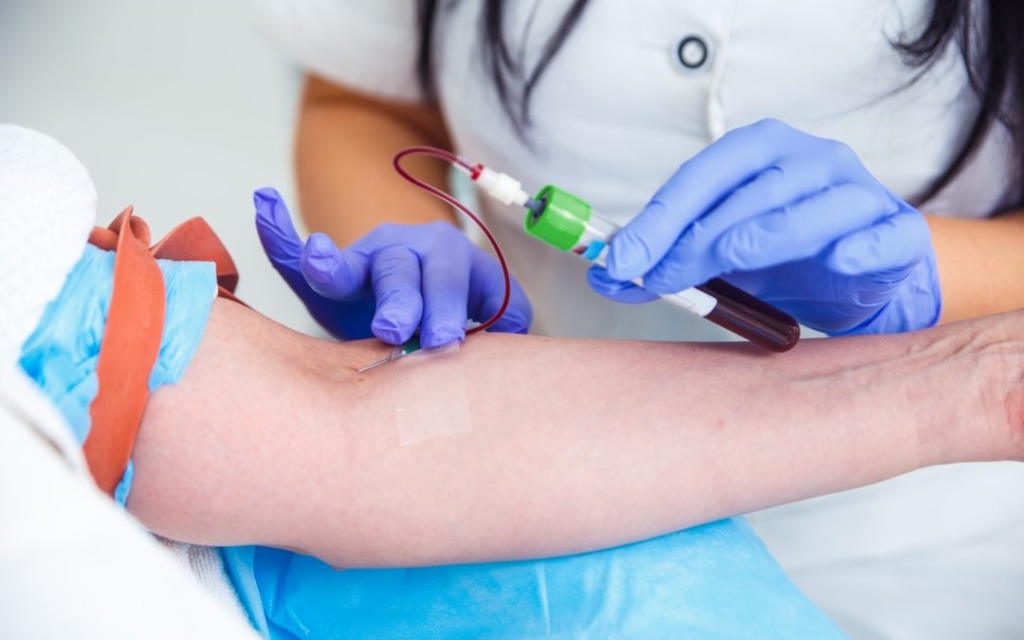**Title: The Role of Phlebotomists: People Who Draw Blood**
**Introduction:**
Phlebotomists, commonly known as people who draw blood, play a vital role in the healthcare industry. They are trained professionals responsible for collecting blood samples from patients for various medical tests, transfusions, donations, or research purposes. In this article, we will explore the importance of phlebotomists, their job responsibilities, training requirements, and the essential skills needed to excel in this field.
**Benefits of Becoming a Phlebotomist:**
– High demand in the healthcare industry
– Job stability and security
– Competitive salary and benefits
– Opportunities for career advancement
– Fulfilling work helping patients and contributing to healthcare
**Job Responsibilities:**
- Identifying patients and verifying their identities
– Explaining procedures to patients and ensuring their comfort
– Selecting suitable veins for blood draws
– Labeling specimens correctly and following proper protocols
– Maintaining a clean and organized work environment
– Communicating effectively with patients and healthcare team members
**Training Requirements:**
Becoming a phlebotomist typically involves completing a formal training program, which can vary in length from a few weeks to several months. Most programs cover topics such as anatomy, physiology, medical terminology, and phlebotomy techniques. After completing the training, individuals may need to pass a certification exam to become a certified phlebotomy technician.
**Essential Skills for Phlebotomists:**
– Attention to detail
– Compassion and empathy
– Strong communication skills
– Ability to work under pressure
– Proficiency in using medical equipment
– Knowledge of safety and infection control protocols
**First-Hand Experience:**
“As a phlebotomist, I have the privilege of helping patients every day by collecting blood samples for testing. Building trust with patients and ensuring their comfort during the procedure is essential. It is a rewarding career that requires precision, professionalism, and a caring attitude towards those in need.”
**Conclusion:**
phlebotomists are crucial members of the healthcare team who play a significant role in patient care and treatment. Their skills and expertise in drawing blood accurately and safely help healthcare providers diagnose and treat various medical conditions effectively. If you are interested in pursuing a career in healthcare that allows you to make a difference in people’s lives, consider becoming a phlebotomist. With the right training, skills, and dedication, you can embark on a rewarding and fulfilling career in this essential healthcare profession.
By incorporating the necessary keywords naturally throughout the article, we can improve its search engine visibility and reach a broader audience interested in learning about the role of people who draw blood in the healthcare industry.
